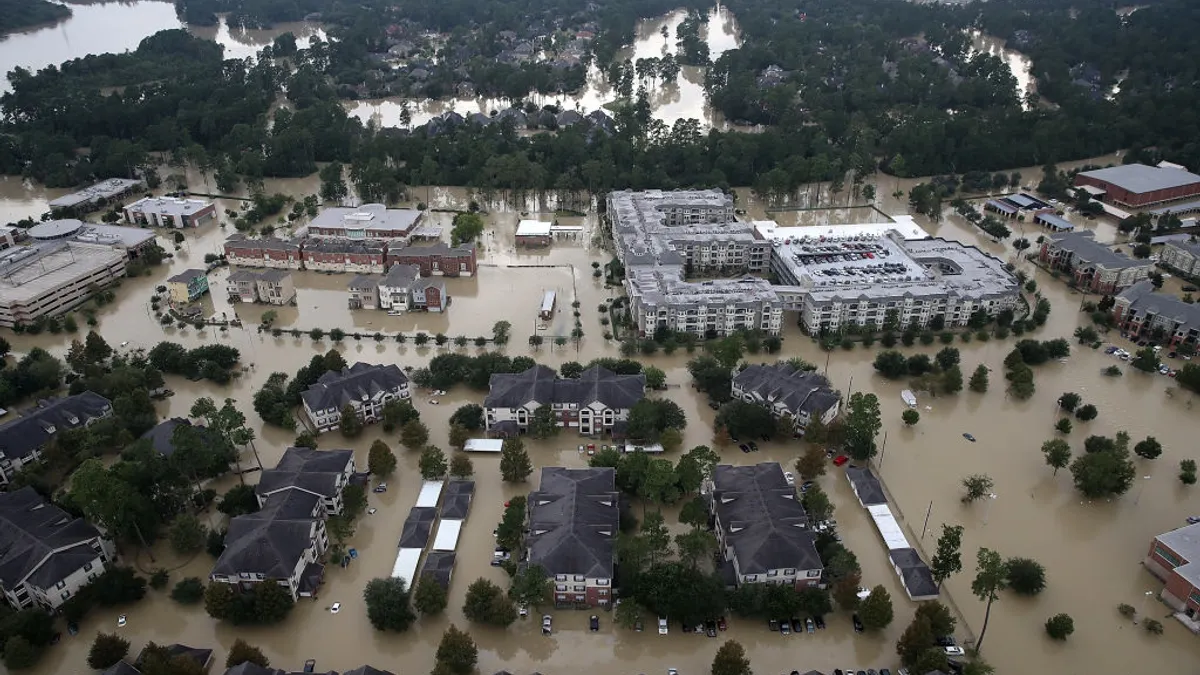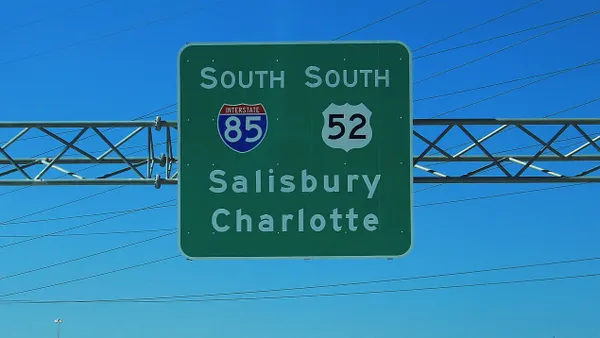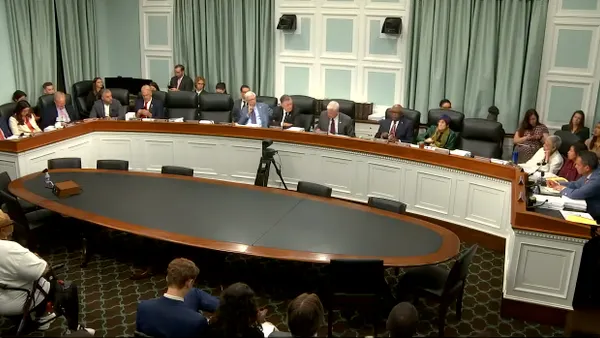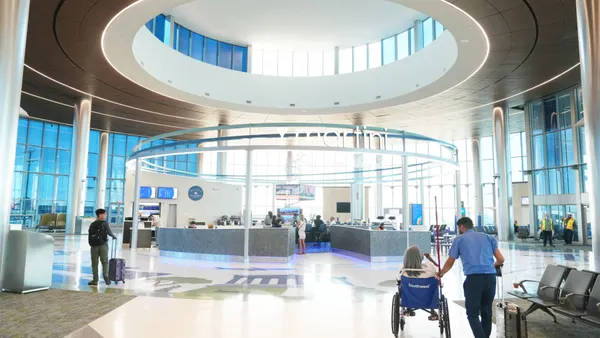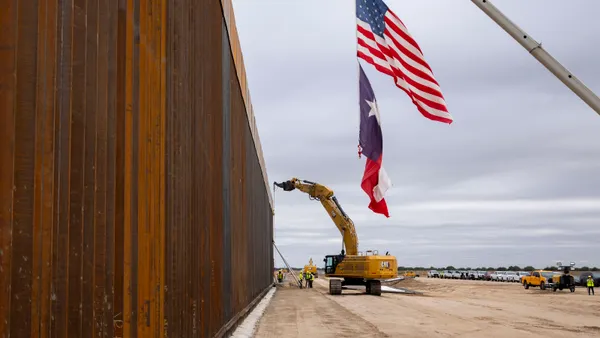Dive Brief:
-
Despite assurances from the White House that infrastructure is still a priority, GOP leaders have indicated that the issue is in line behind tax reform on the post-recess Congressional agenda, according to The Hill.
-
President Donald Trump is not expected to offer specifics on his $1 trillion infrastructure plan until this fall at the earliest, leaving little room in the 65 scheduled working days Congress has left this year to hammer out an agreement. Some lawmakers have said tax reform will provide funds to pay for infrastructure, so it must be addressed first.
-
The ongoing struggle to address healthcare policy has also pushed lawmakers toward prioritizing a tax reform measure because the GOP is more likely to be able to reach a consensus there, The Hill reported. Others want to be able to carry the bipartisan appeal of an infrastructure win into the 2018 midterm election season.
Dive Insight:
Republicans are gun-shy about engaging Democrats on the issue of how to finance infrastructure so soon after the healthcare debate. Senate Minority Leader Chuck Schumer (D-NY) has consistently panned the president's plan to let the private sector bankroll the lion's share of highway, bridge and other public-sector projects through vehicles like public-private partnerships (P3s).
Instead, he and other Democrats have held fast to the philosophy that federal dollars should fund any significant public works program. Schumer has indicated that repatriated — and taxable — corporate foreign profits, secured through tax reform, could pay for an infrastructure agenda.
Senate Majority Leader Mitch McConnell (R-KY) and other Republicans, however, have warned that they will block any bill stimulus-style legislation for infrastructure that increases the national debt.
During the campaign, Trump's advisers put together an infrastructure proposal that would give equity investors big tax breaks for putting their money into public projects. In his 2018 budget request, the president proposed spending $200 billion of taxpayer money to spur the remaining $800 billion of infrastructure investment, with a focus on low interest loans through the programs like the Transportation Infrastructure Finance and Innovation Act (TIFIA).
During recent Congressional hearings, lawmakers heard testimony from past TIFIA loan recipients as a precursor to a potential expansion of the initiative. Overall, feedback on the TIFIA loan process was positive, with those who used the program reporting that the interest rates and terms made their projects possible. However, recipients also suggested that the federal government reduce the fees associated with the loans and do more outreach to rural communities.





